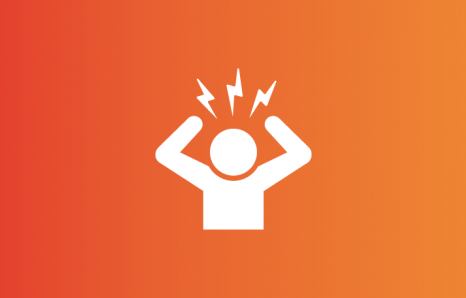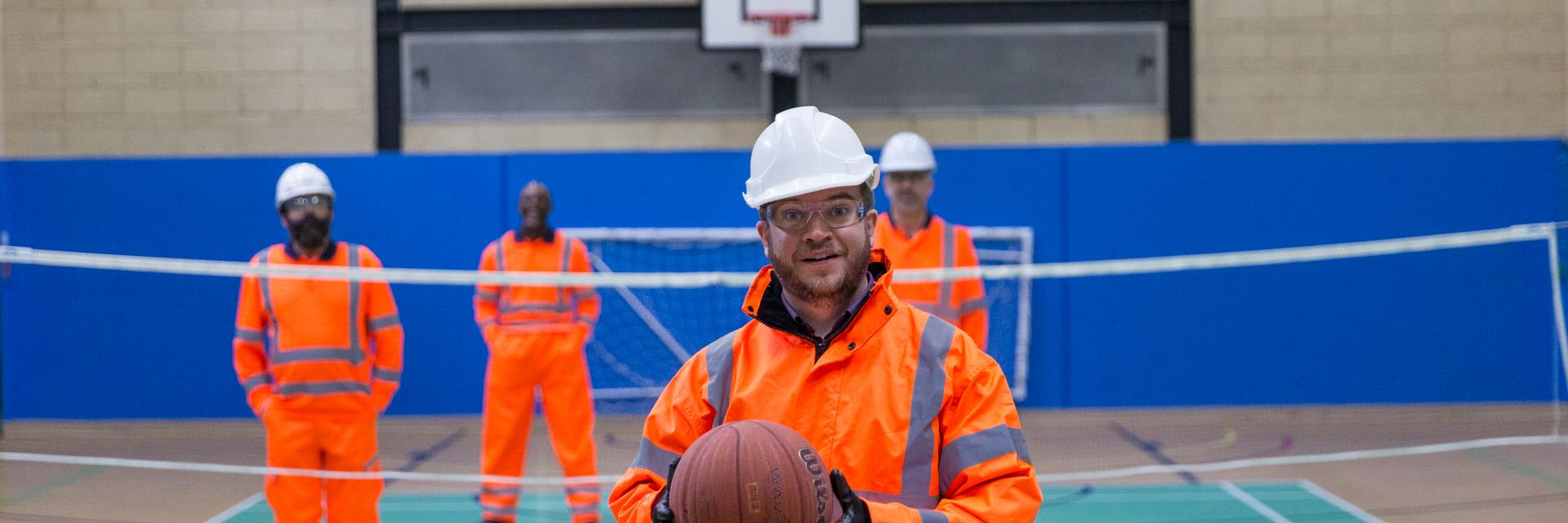Topic
Category
Year
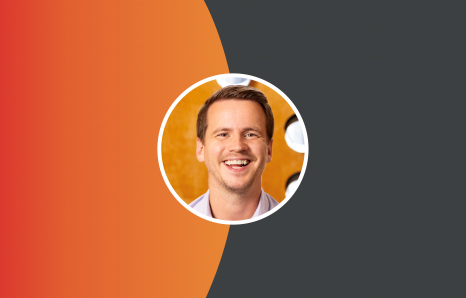
Finding support when you need it most
Join the 5-Minute Wellbeing session with the CEO of Chasing the Stigma to learn practical ways to seek support for your mental health and discover why asking for help is an act of courage that brings comfort and hope. (Warning: The video contains reference to suicide).
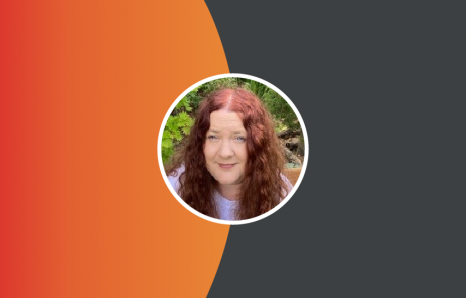
Top tips on building compassionate relationships
Watch this session to learn practical strategies for building healthier, more resilient relationships through self-awareness, empathy, and intentional action.

Taming your inner critic
Watch this session to explore practical tools inspired by Compassion-Focused Therapy (CFT) and quiet the inner critic. You'll learn how to be kinder to yourself, reduce self-doubt, and start building a more supportive relationship with your mind
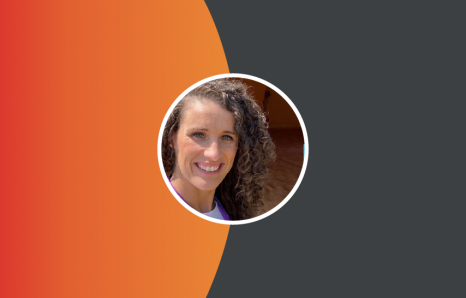
Is it bullying or banter?
Watch this talk on recognising when banter crosses the line into bullying. Learn how to use humour responsibly, support a speak-up culture, and foster ongoing awareness for a respectful, inclusive environment.

Overview of bullying vs banter behaviour
Join us for a short session exploring the key differences between banter and bullying. We'll examine how intent, consent, and mutual understanding shape interactions, highlight the impact on individuals, and help you recognise when friendly teasing turns harmful. Learn to spot red flags with a quick checklist and foster a respectful, inclusive environment.
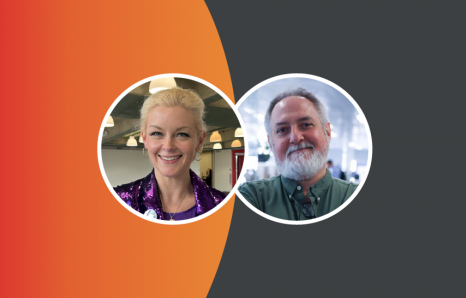
Understanding hidden disabilities
Watch this talk on hidden disabilities and how labels and language shape our perceptions. Explore the challenges people face and simple ways to foster inclusivity. Learn to raise awareness, improve accessibility, and create a supportive environment.
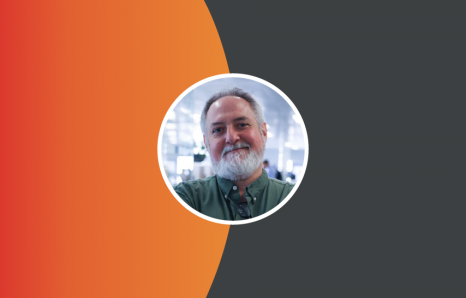
How to make workplaces more inclusive for people with invisible disabilities
Invisible disabilities like chronic pain, ADHD, and mental health conditions affect millions but often go unrecognised. In the UK, 70-80% of disabled people have one. Leaders can foster inclusion through flexibility, awareness, and allyship. Watch this video to learn more.

Seasonal Affective Disorder
Hosted by psychotherapist Priya Ponnappa, we explore Seasonal Affective Disorder (SAD). Don't brush off that yearly feeling as simply a case of the "winter blues" - take steps to keep your mood and motivation steady throughout the year.

Tips for coping through the winter
This 5-Minute Wellbeing video focuses in on tips for helping us cope through the winter months. These include resting, retreating, restoring and how to conserve your energy. Spend five short minutes investing in your approach to winter.
